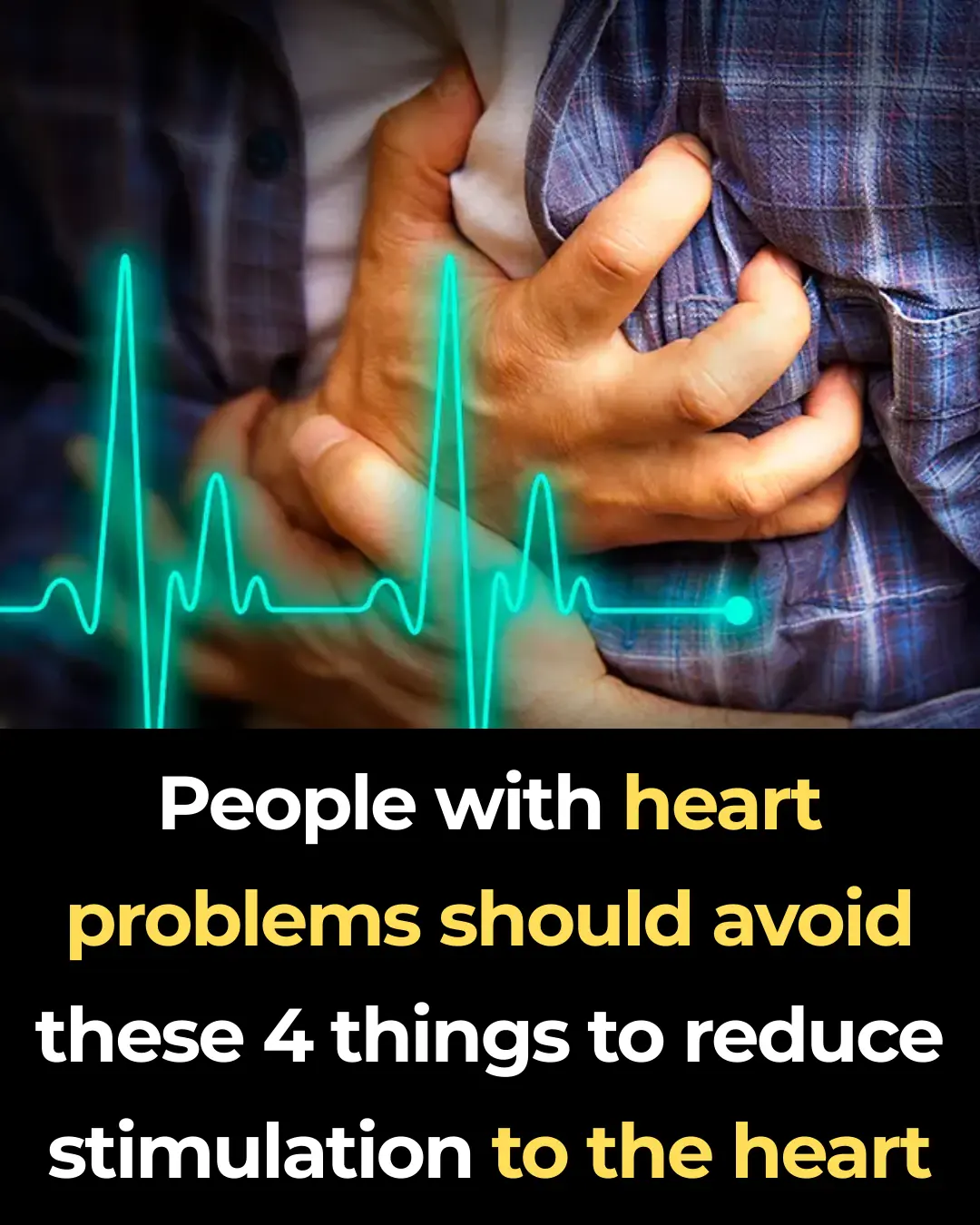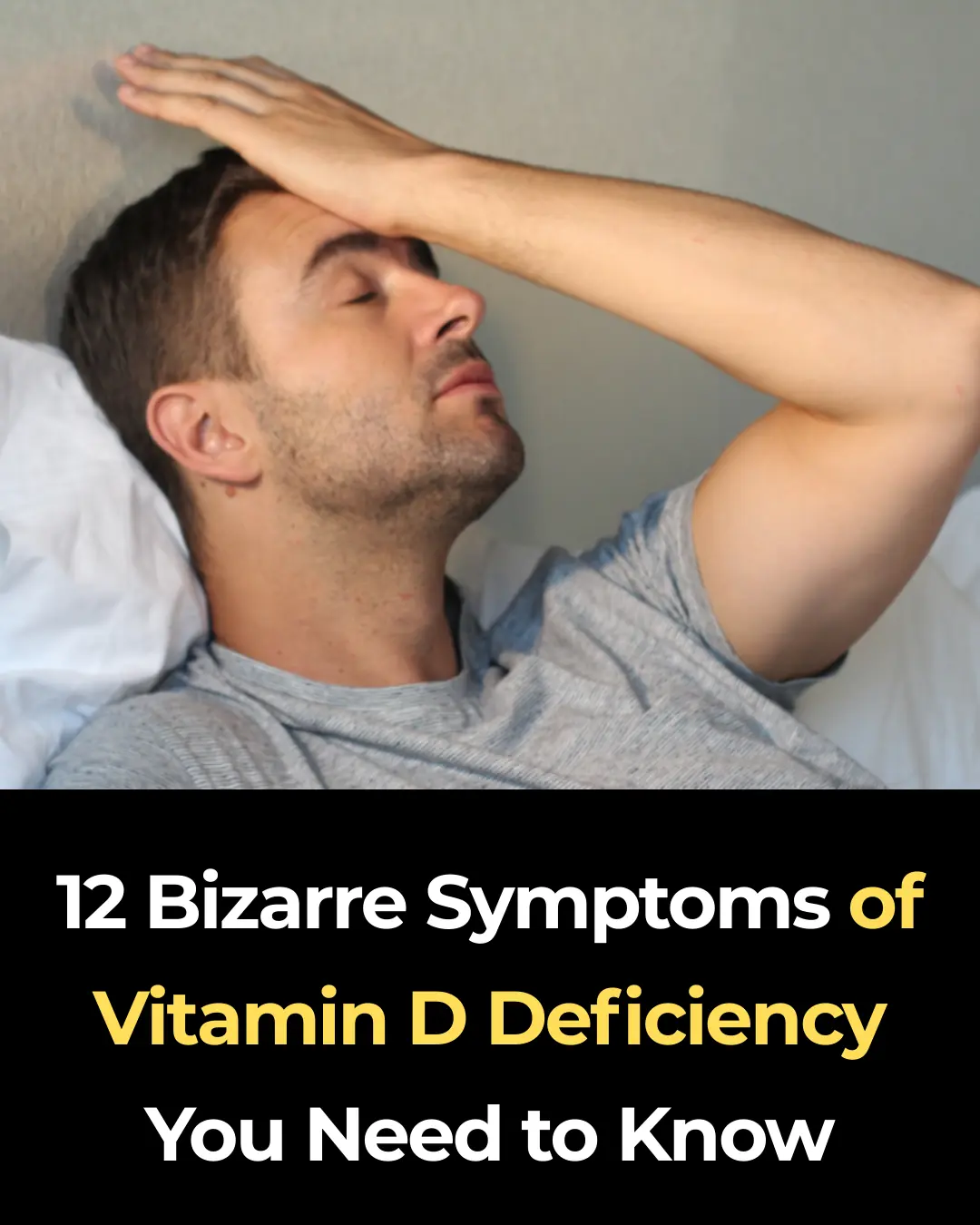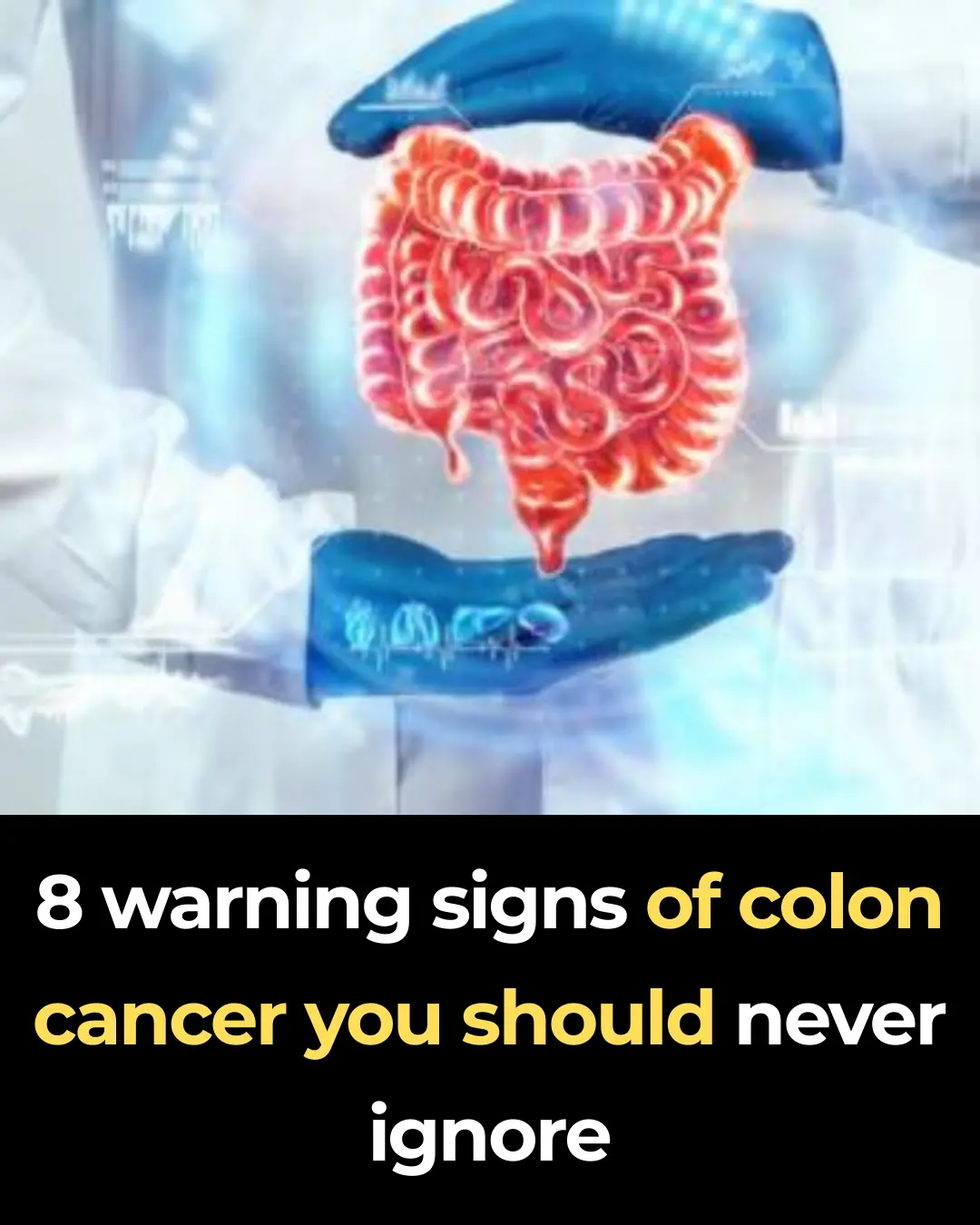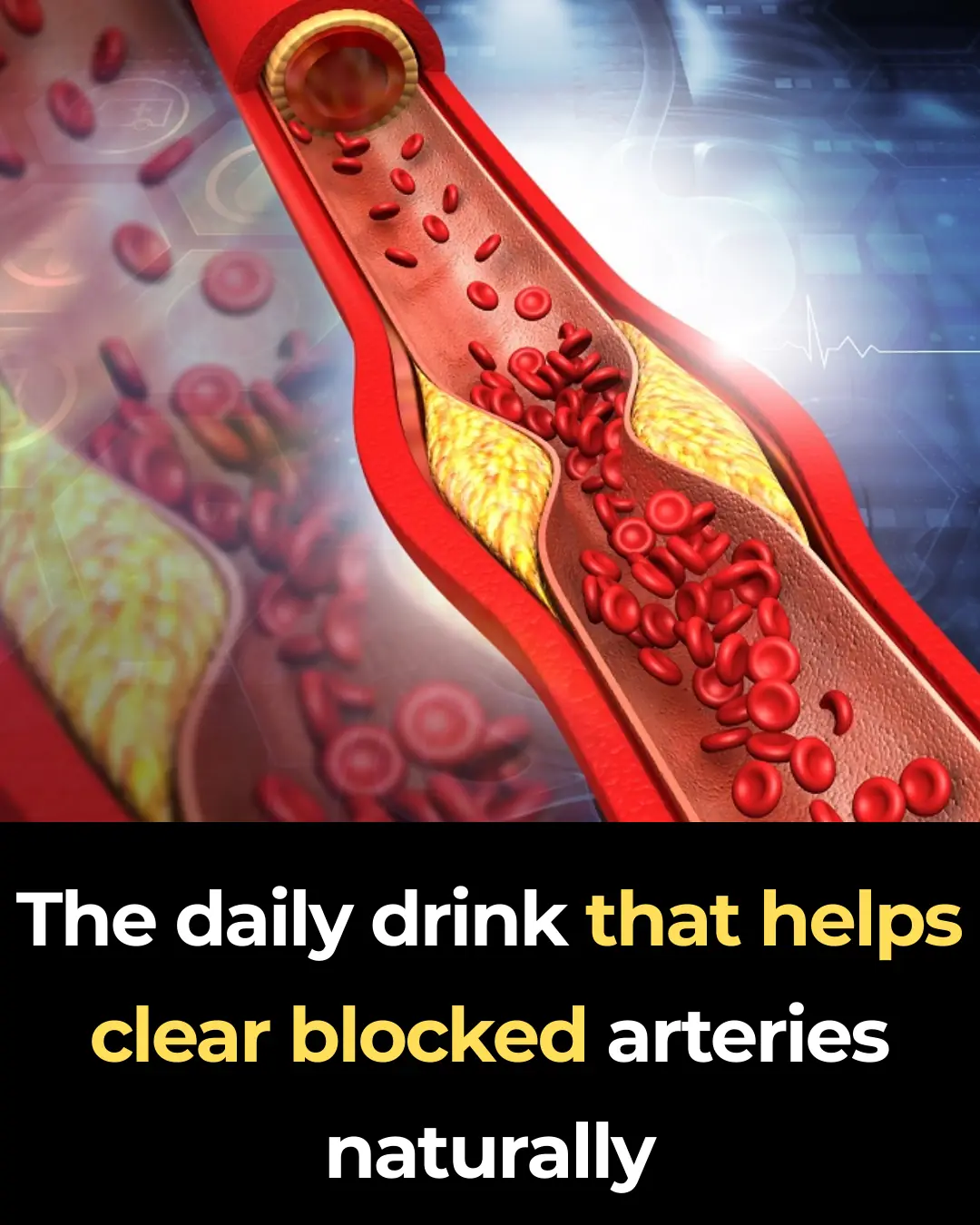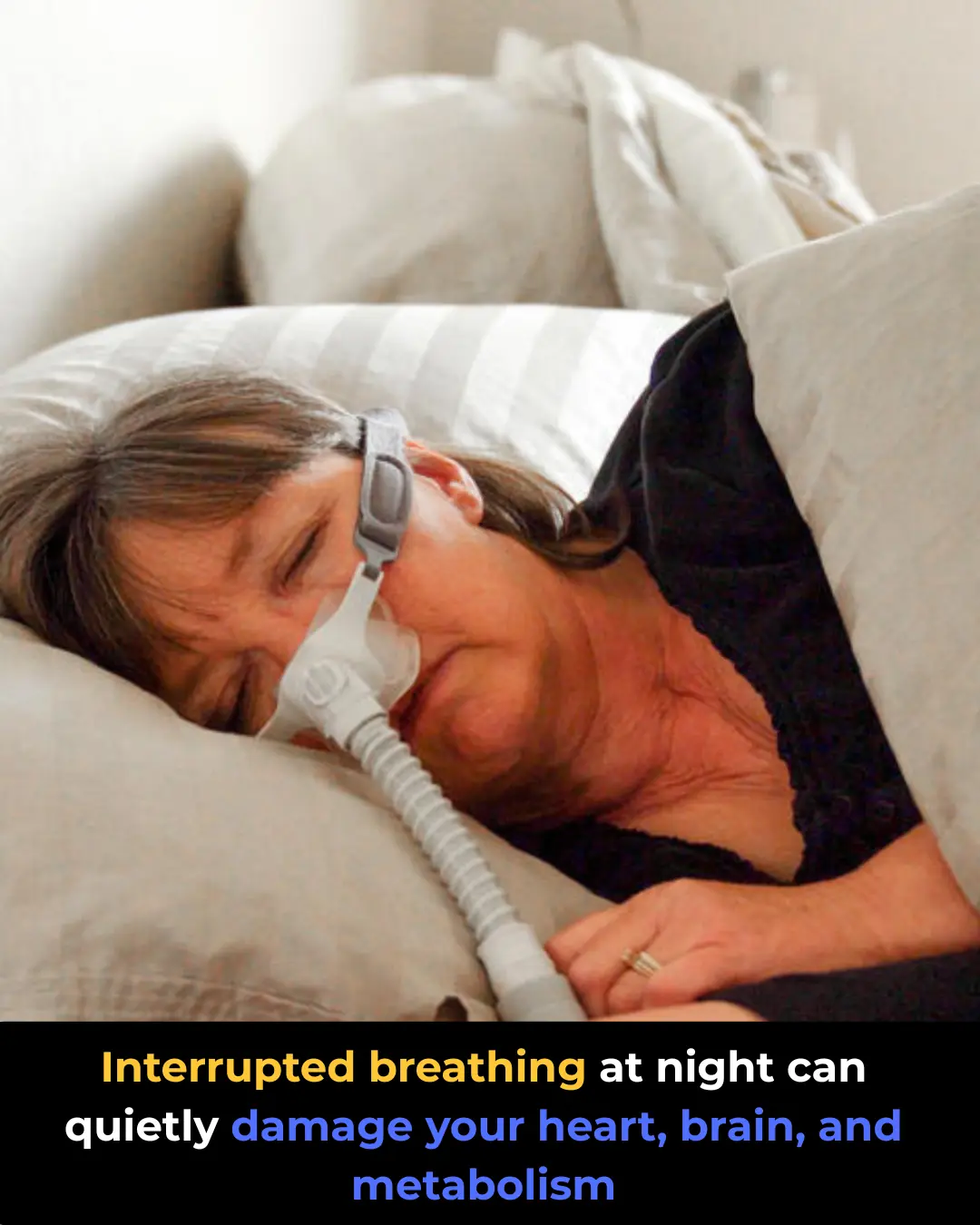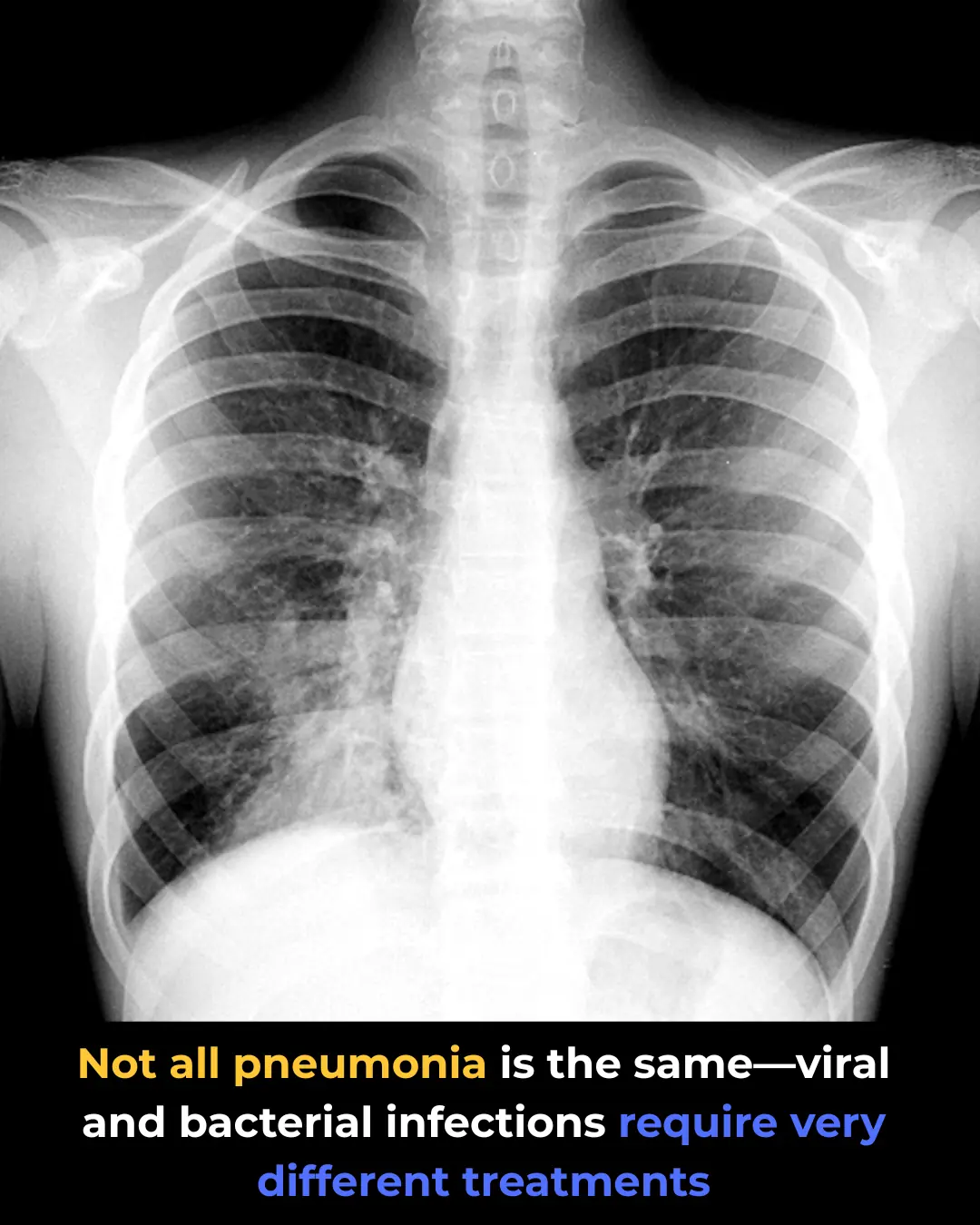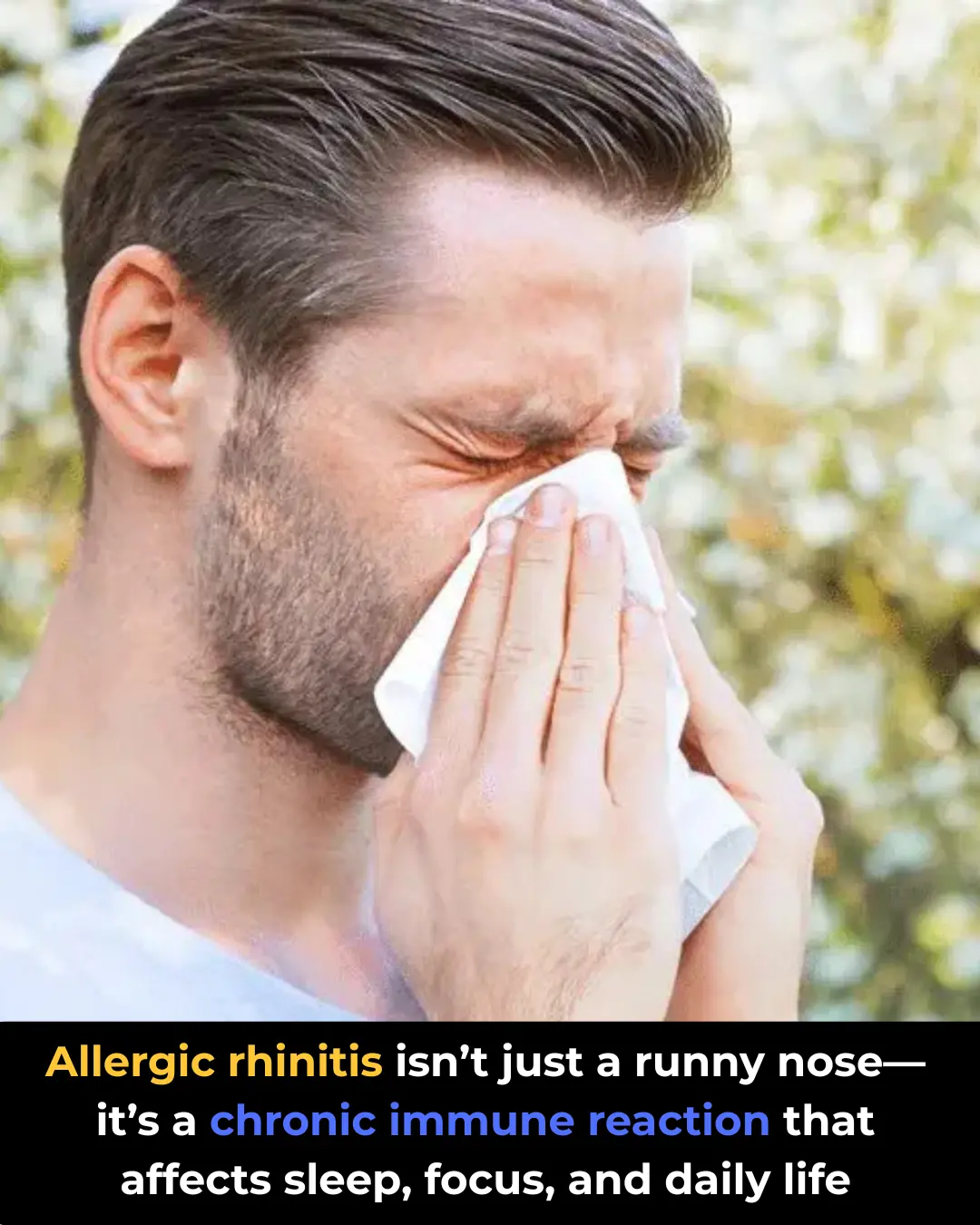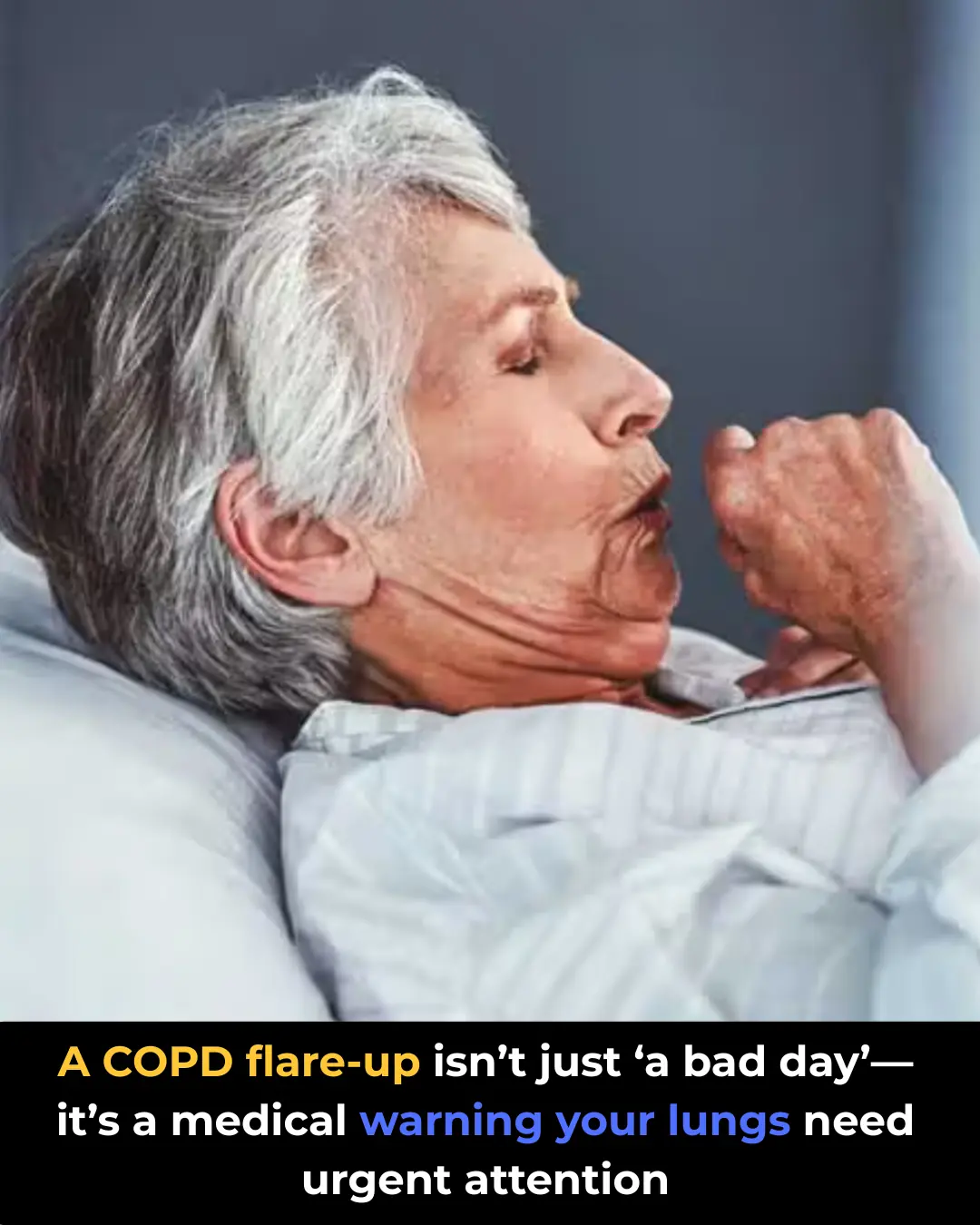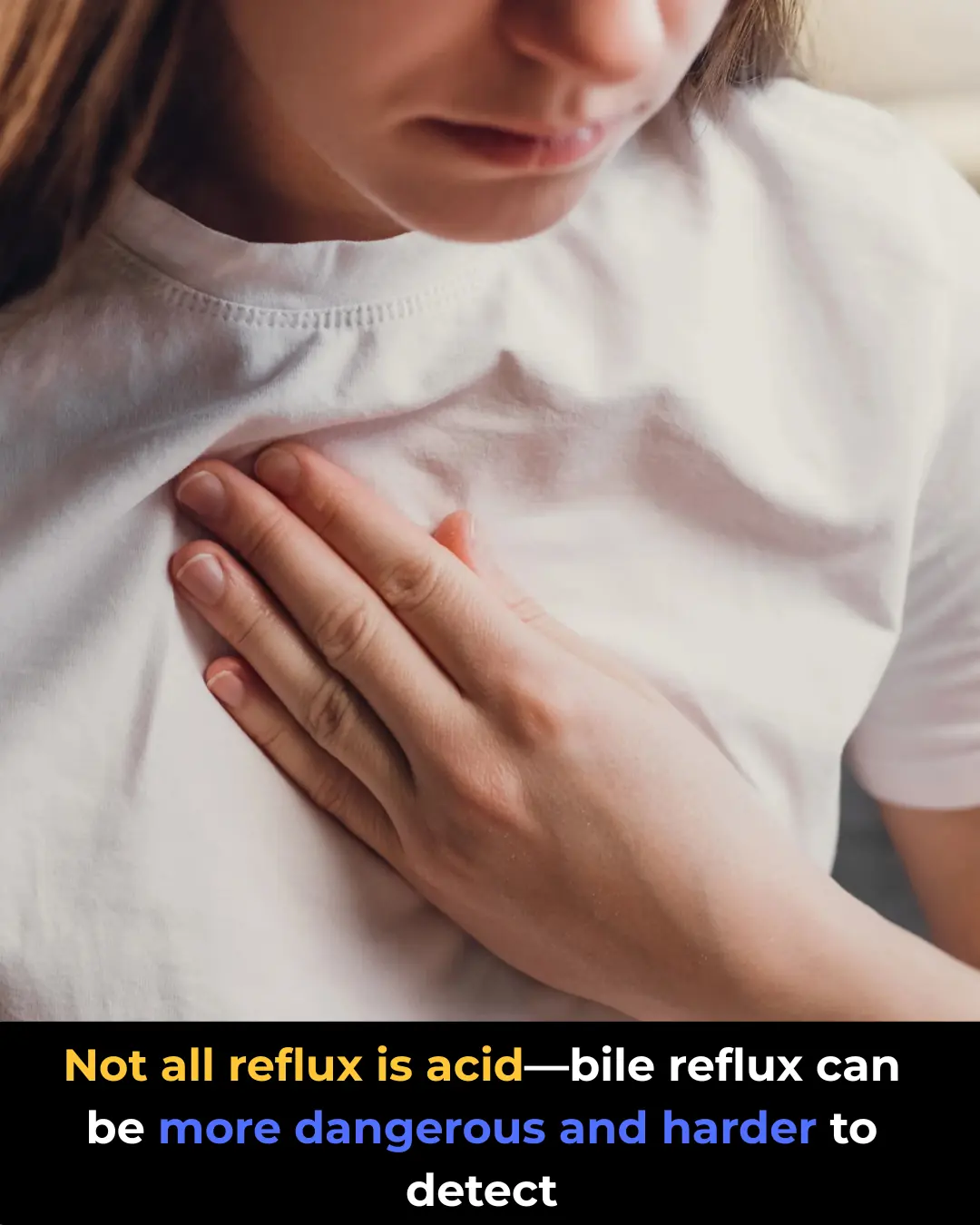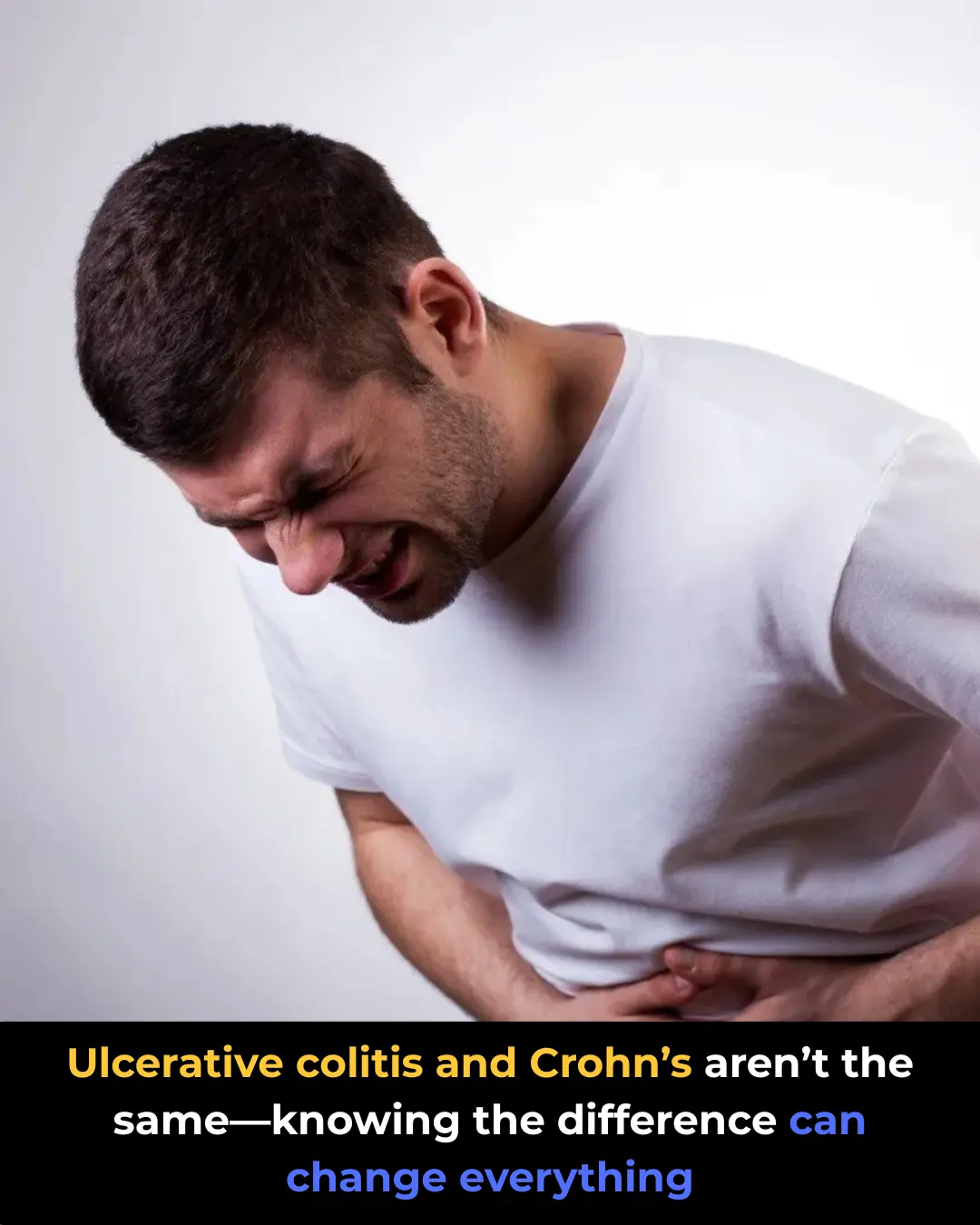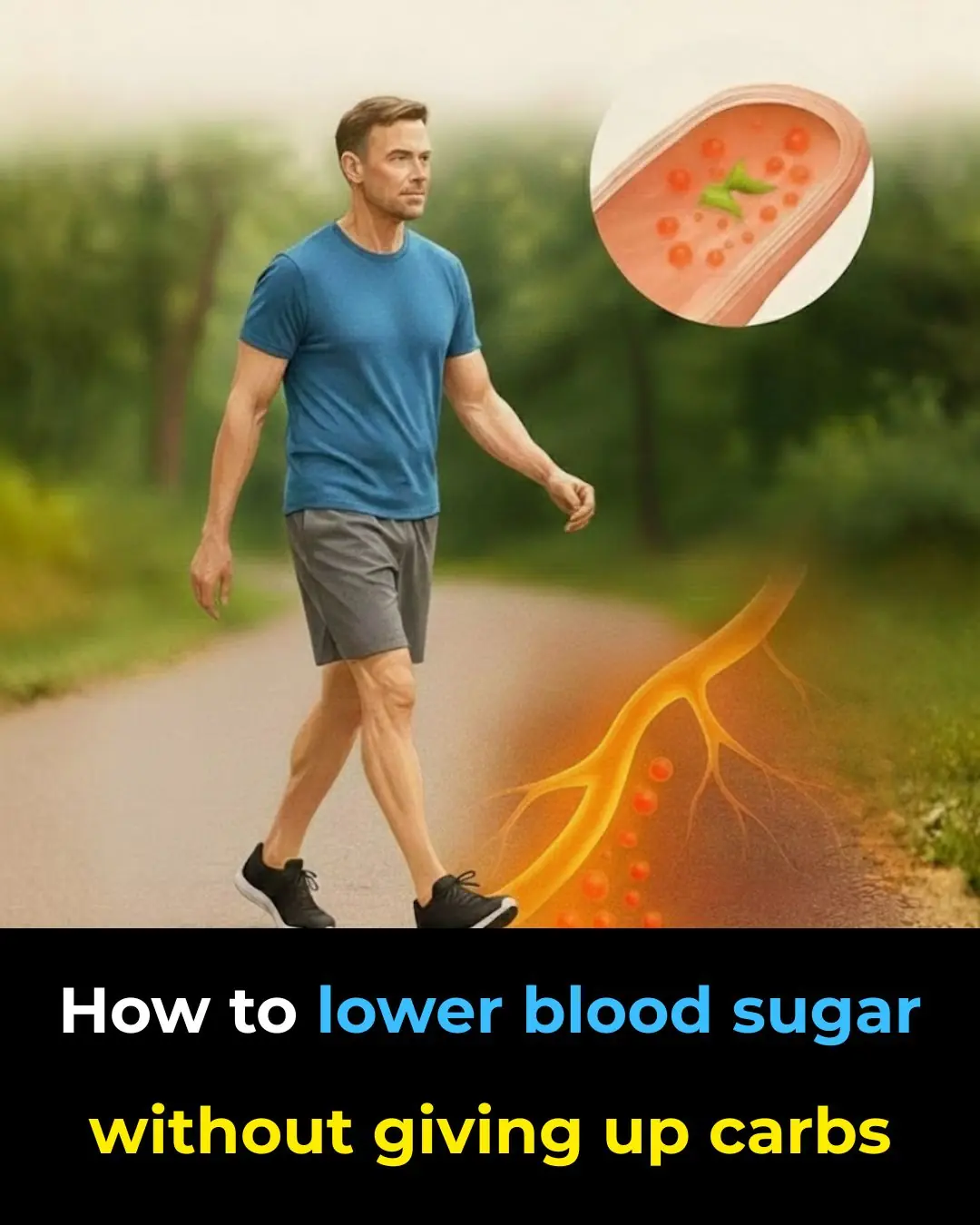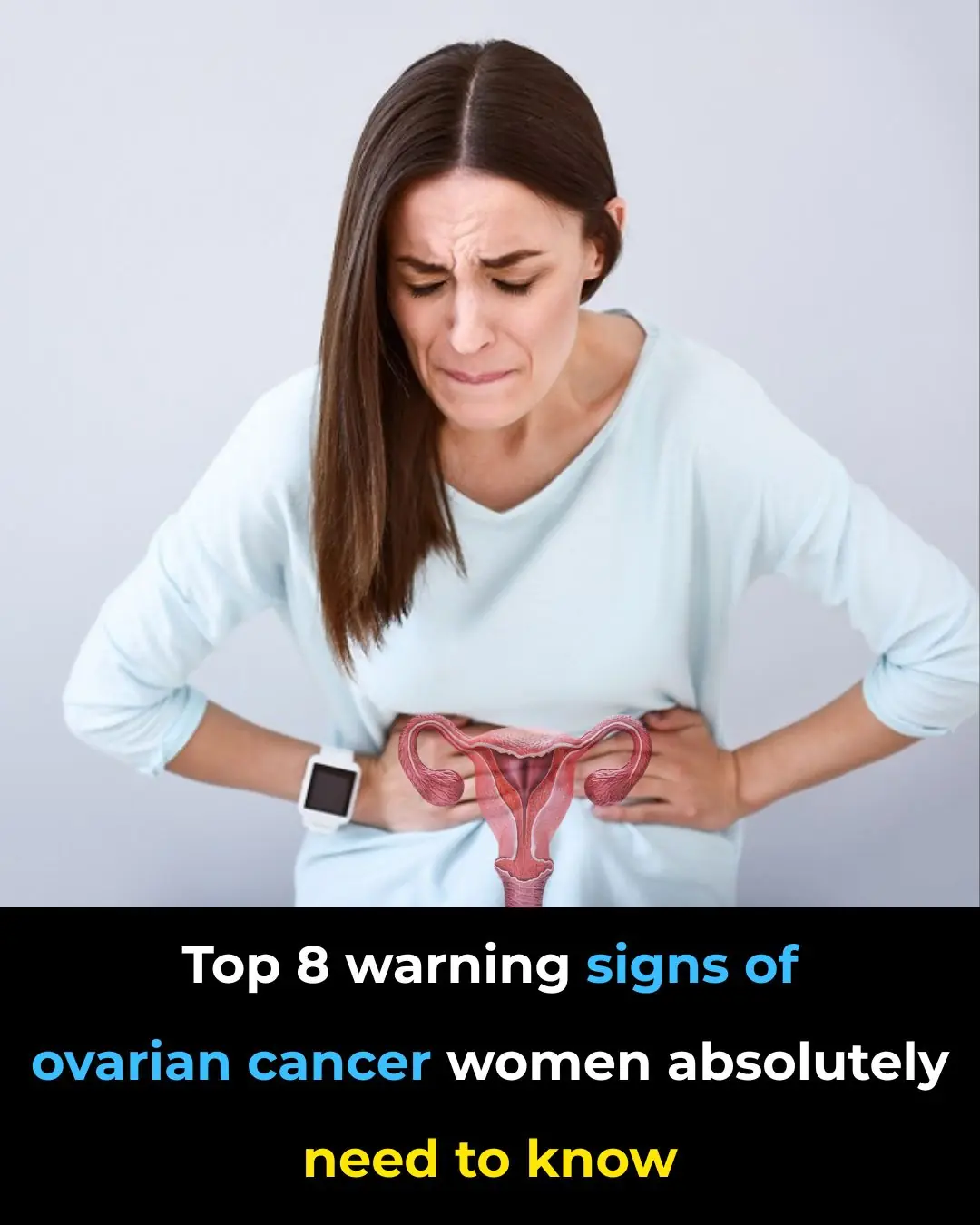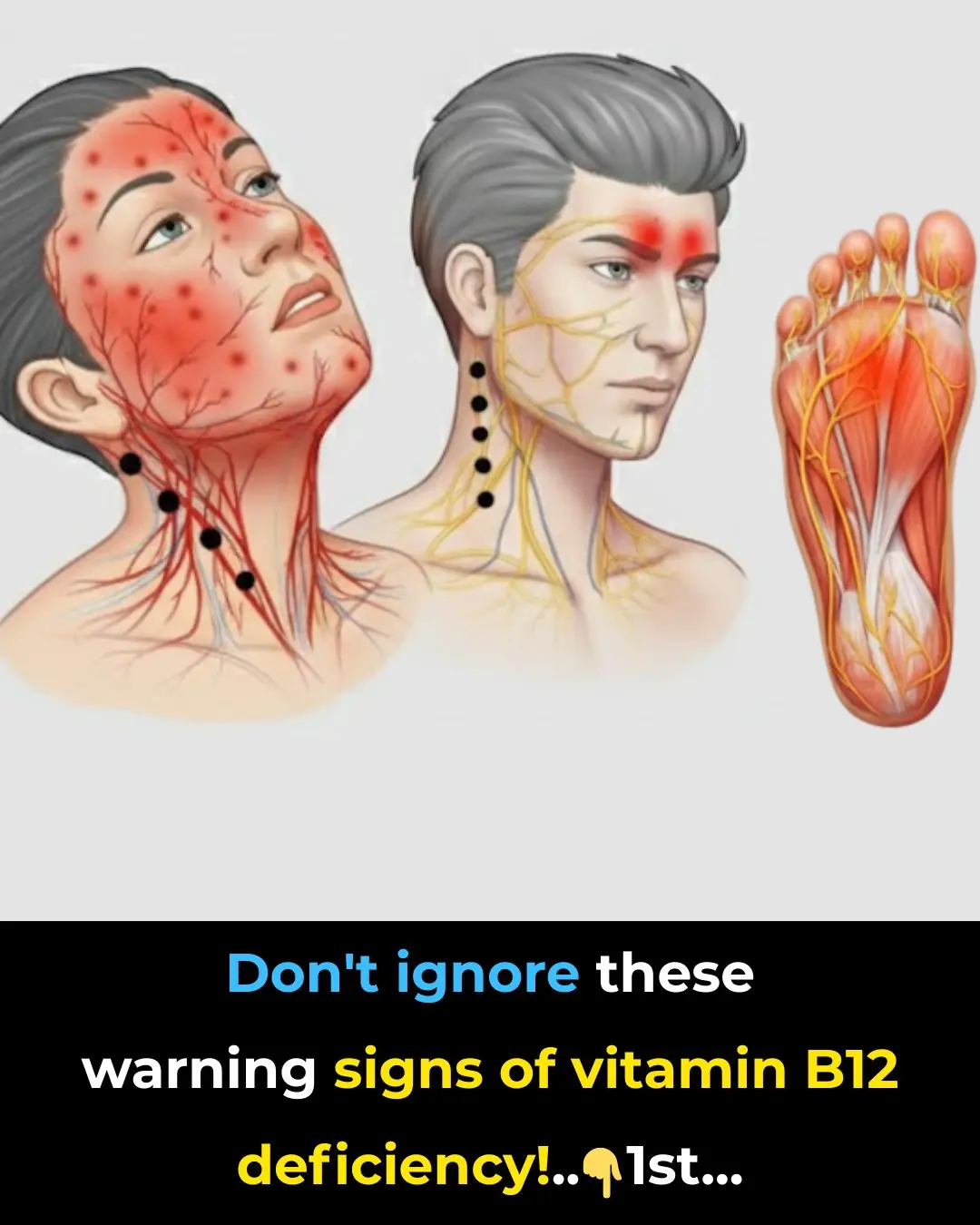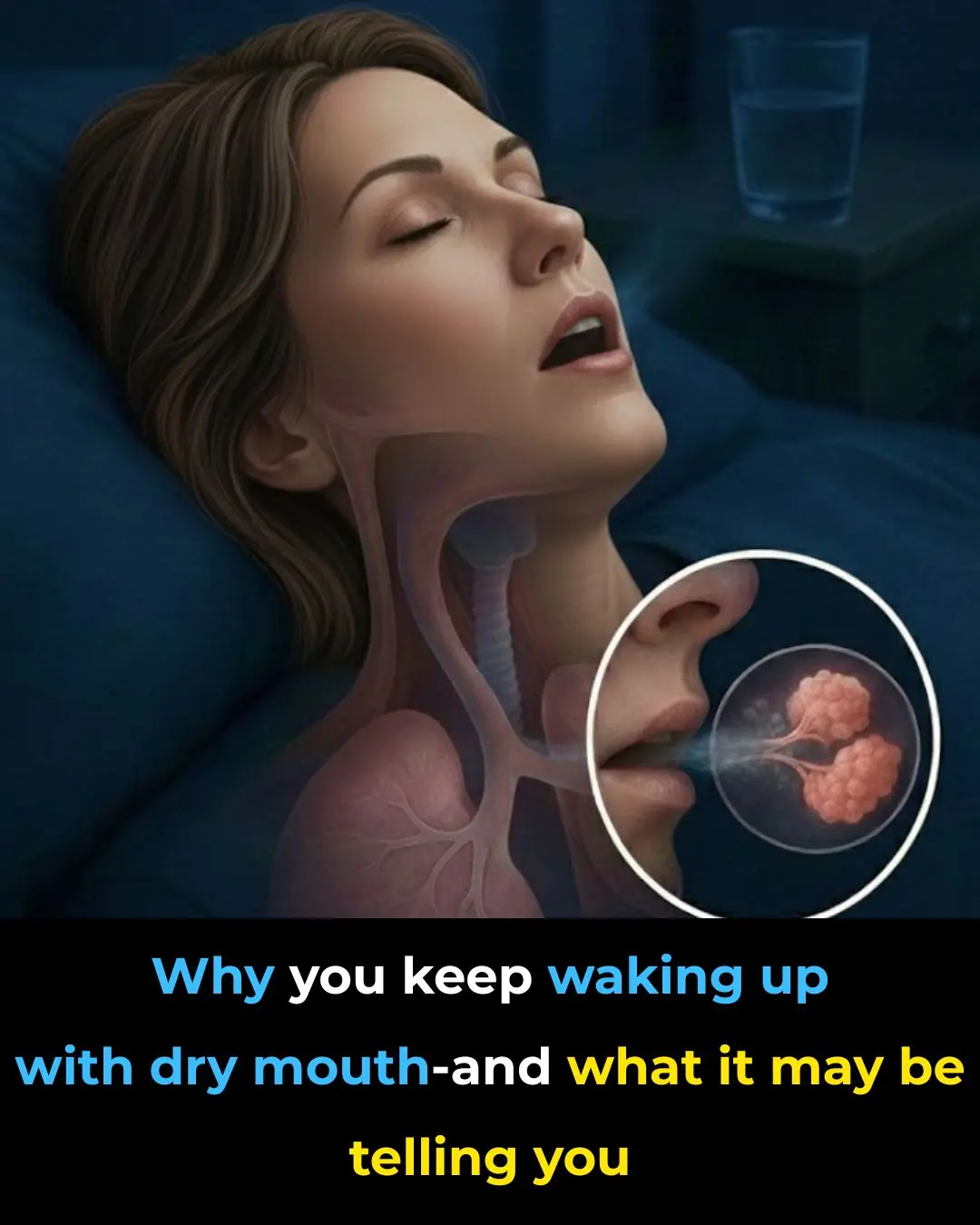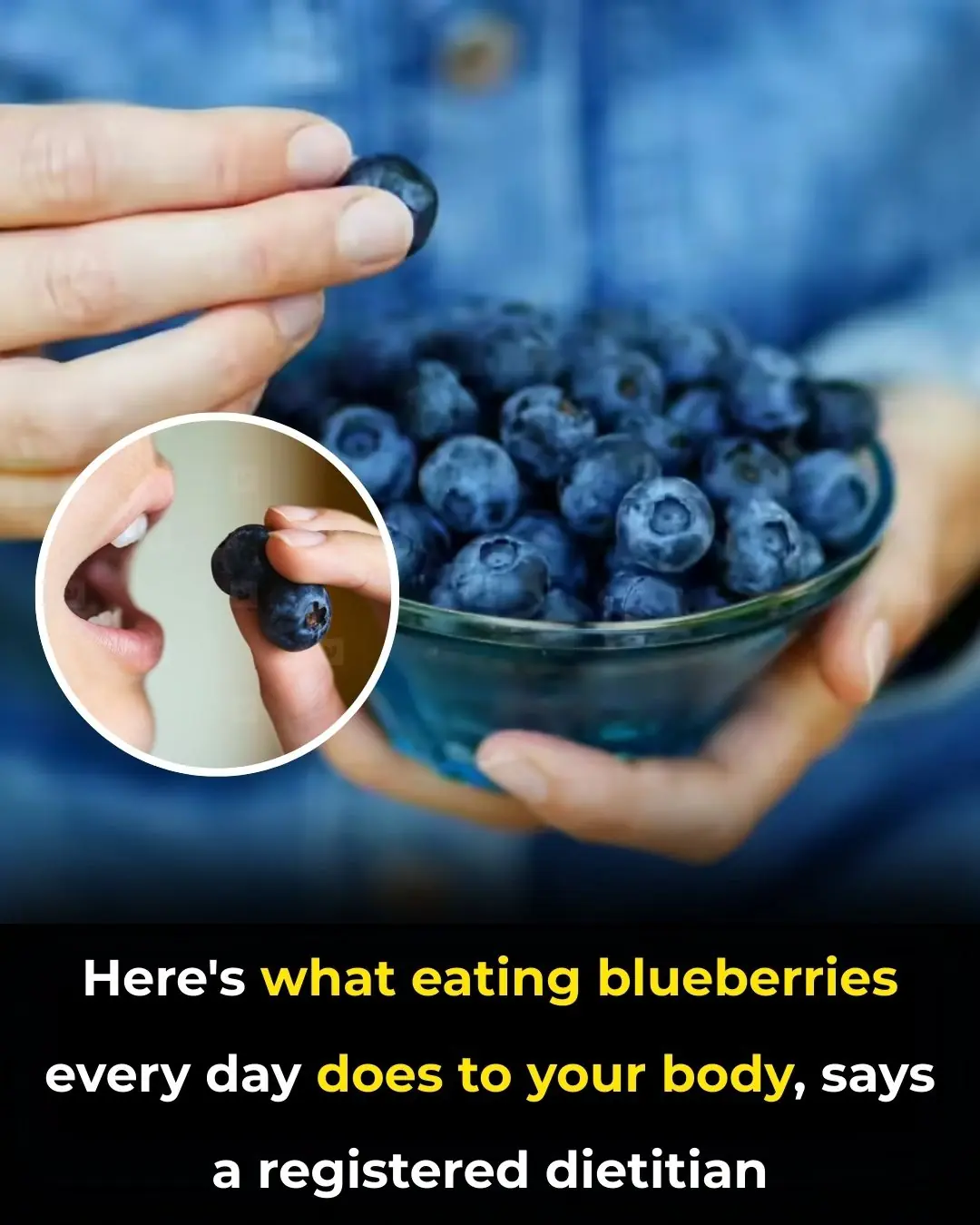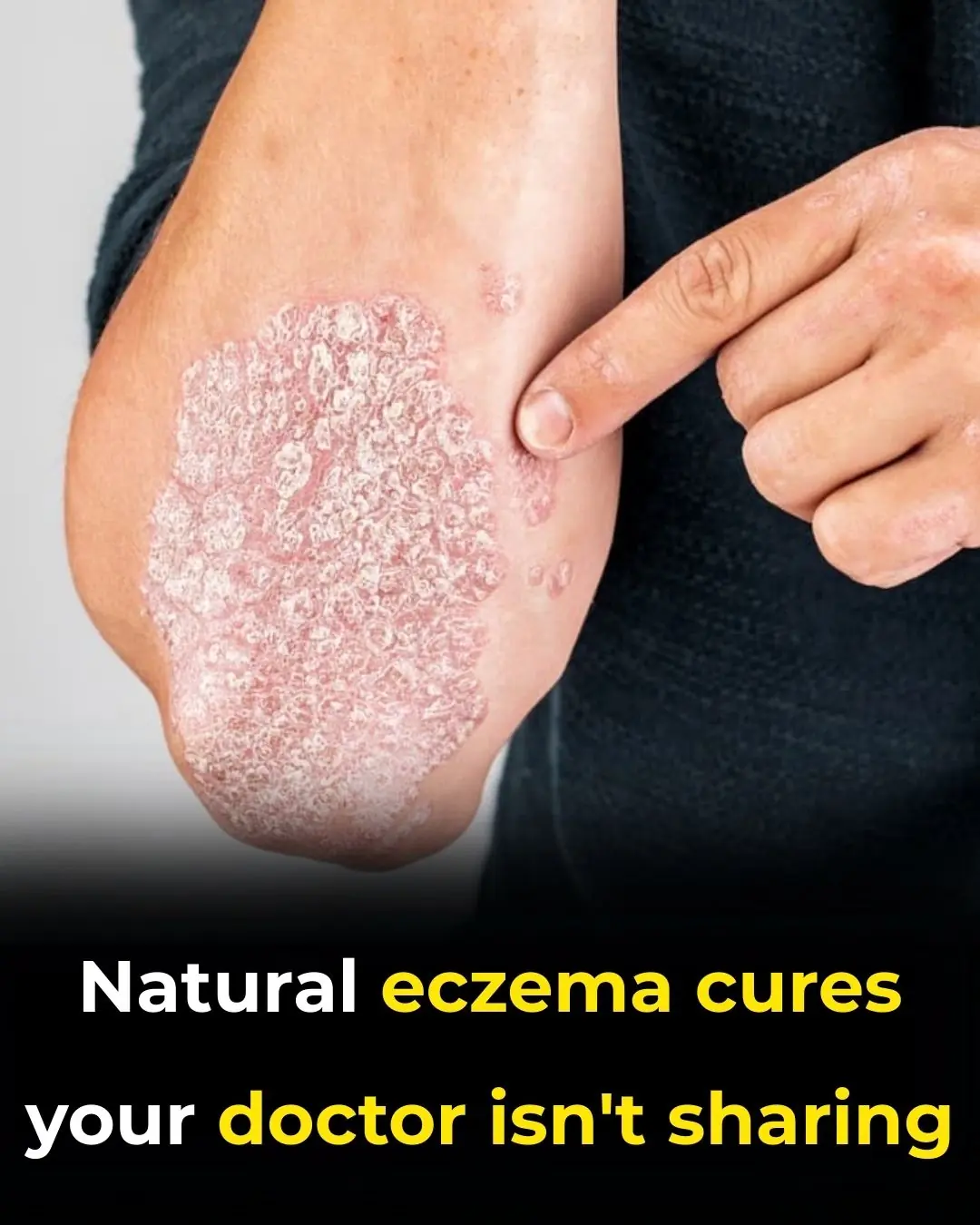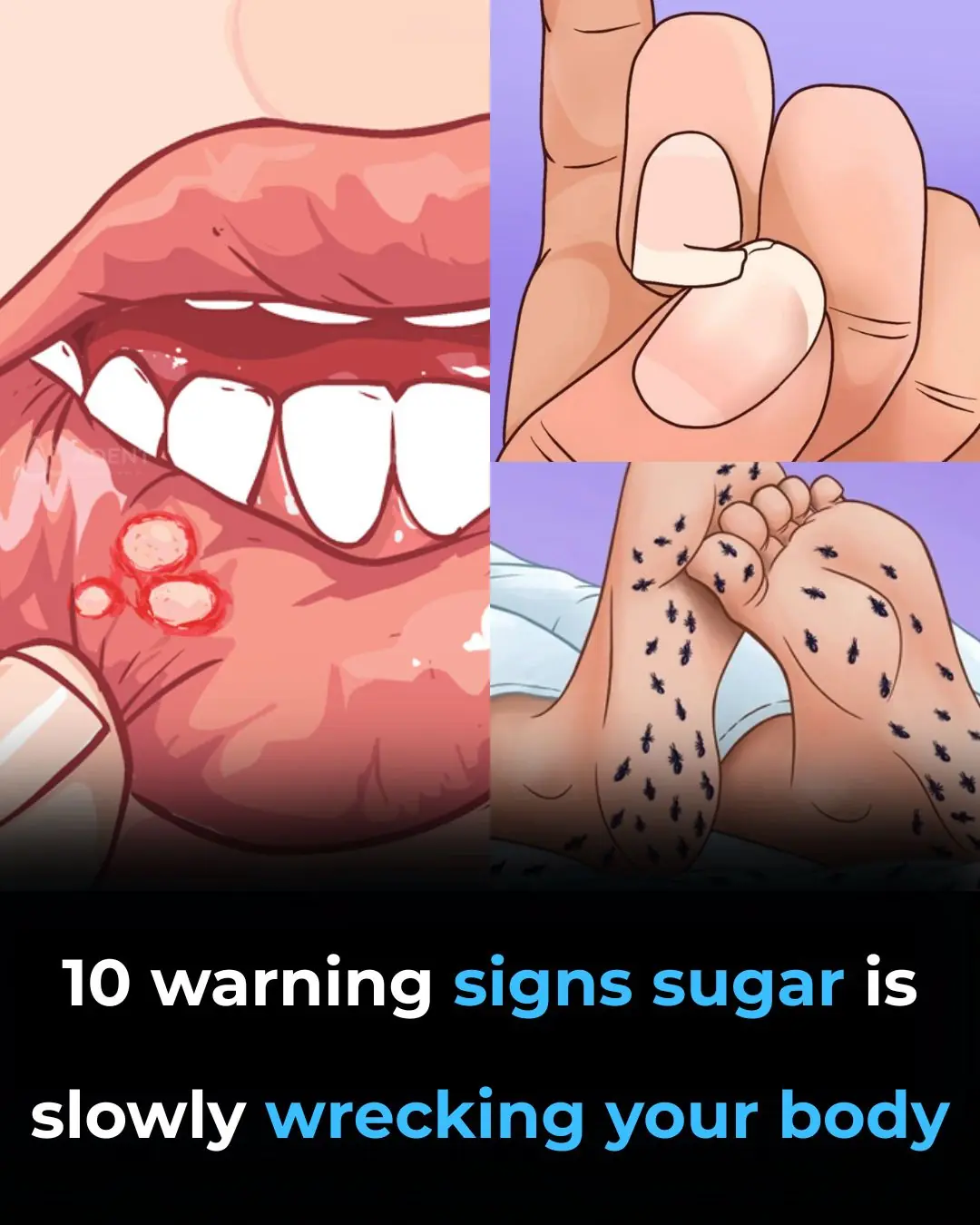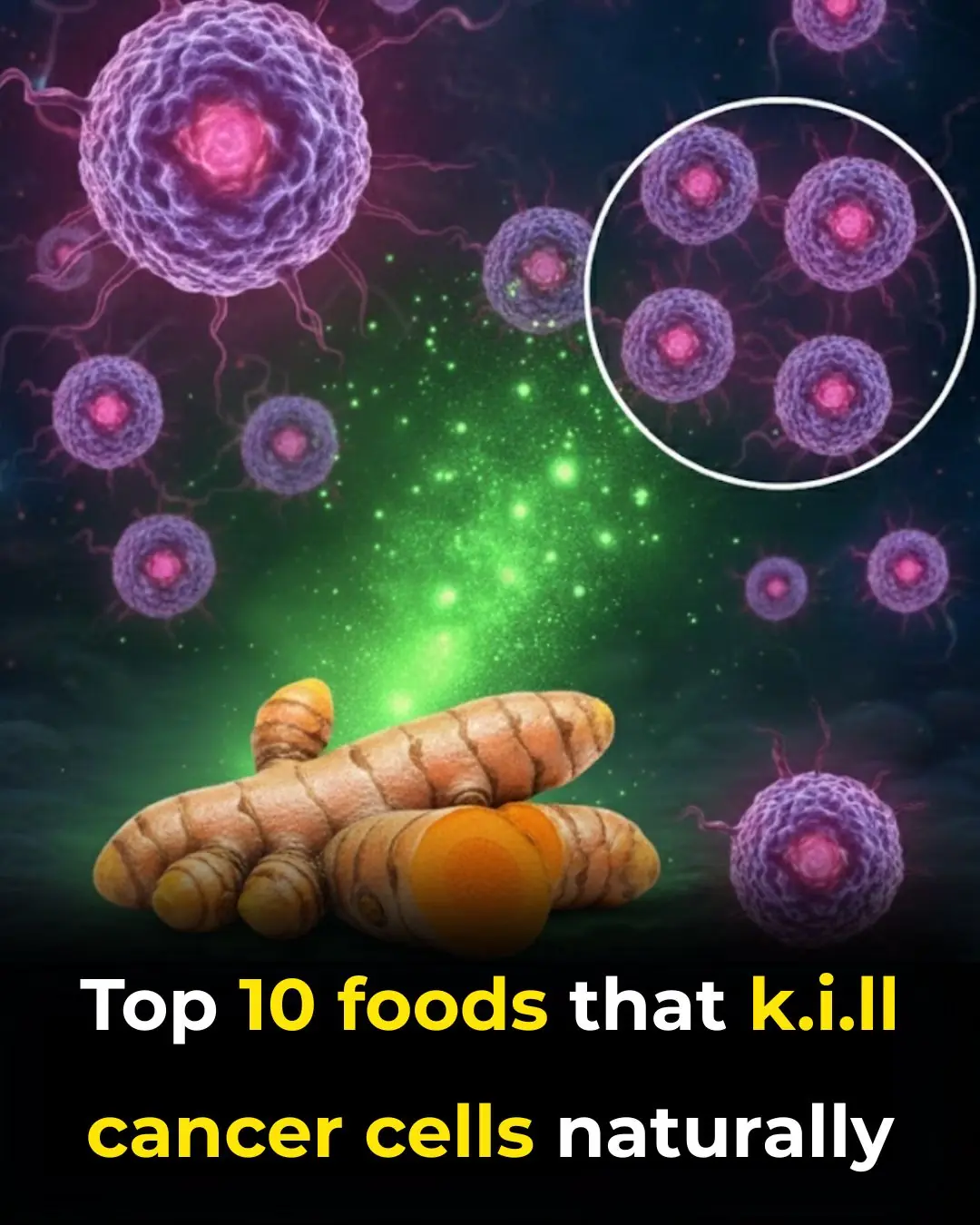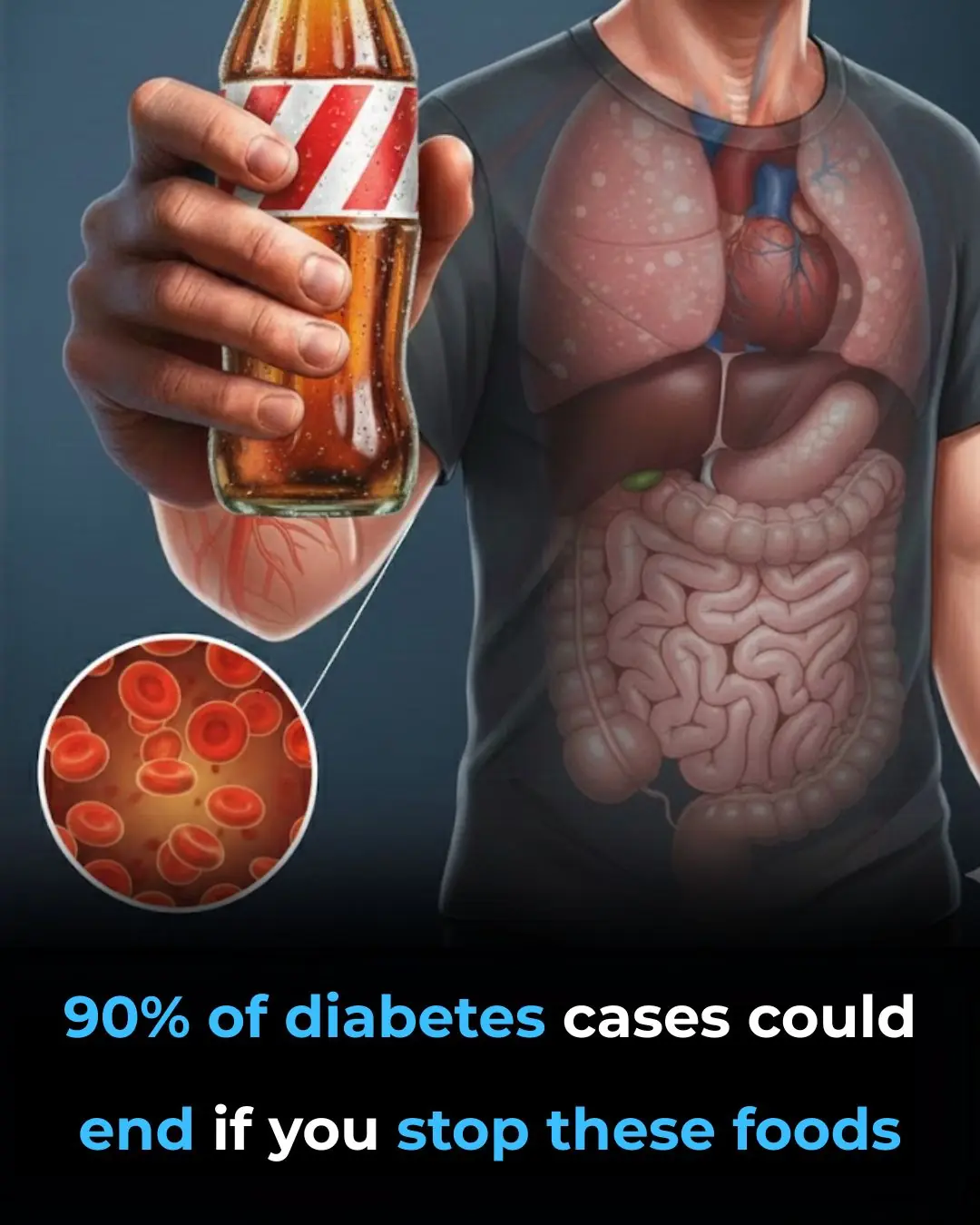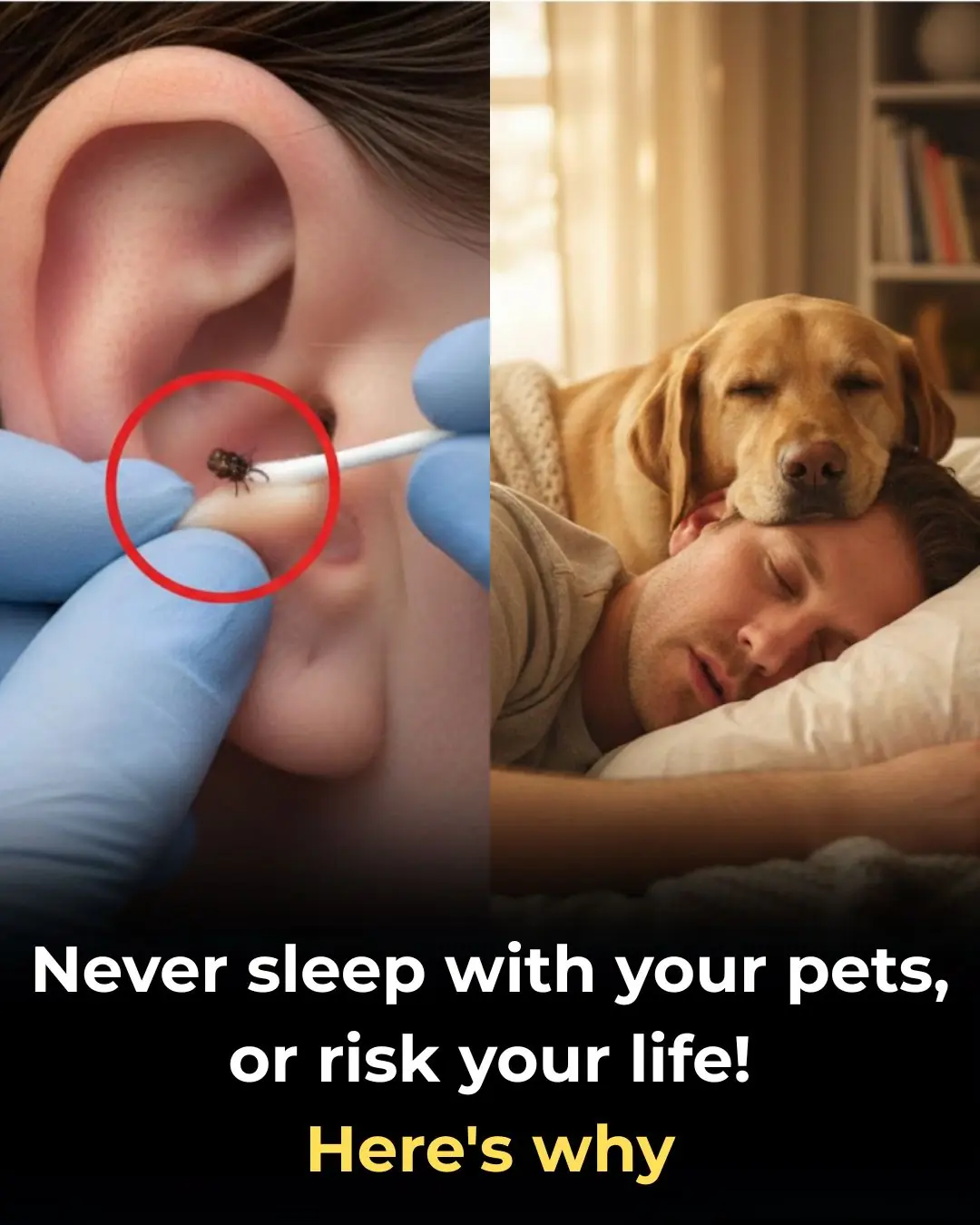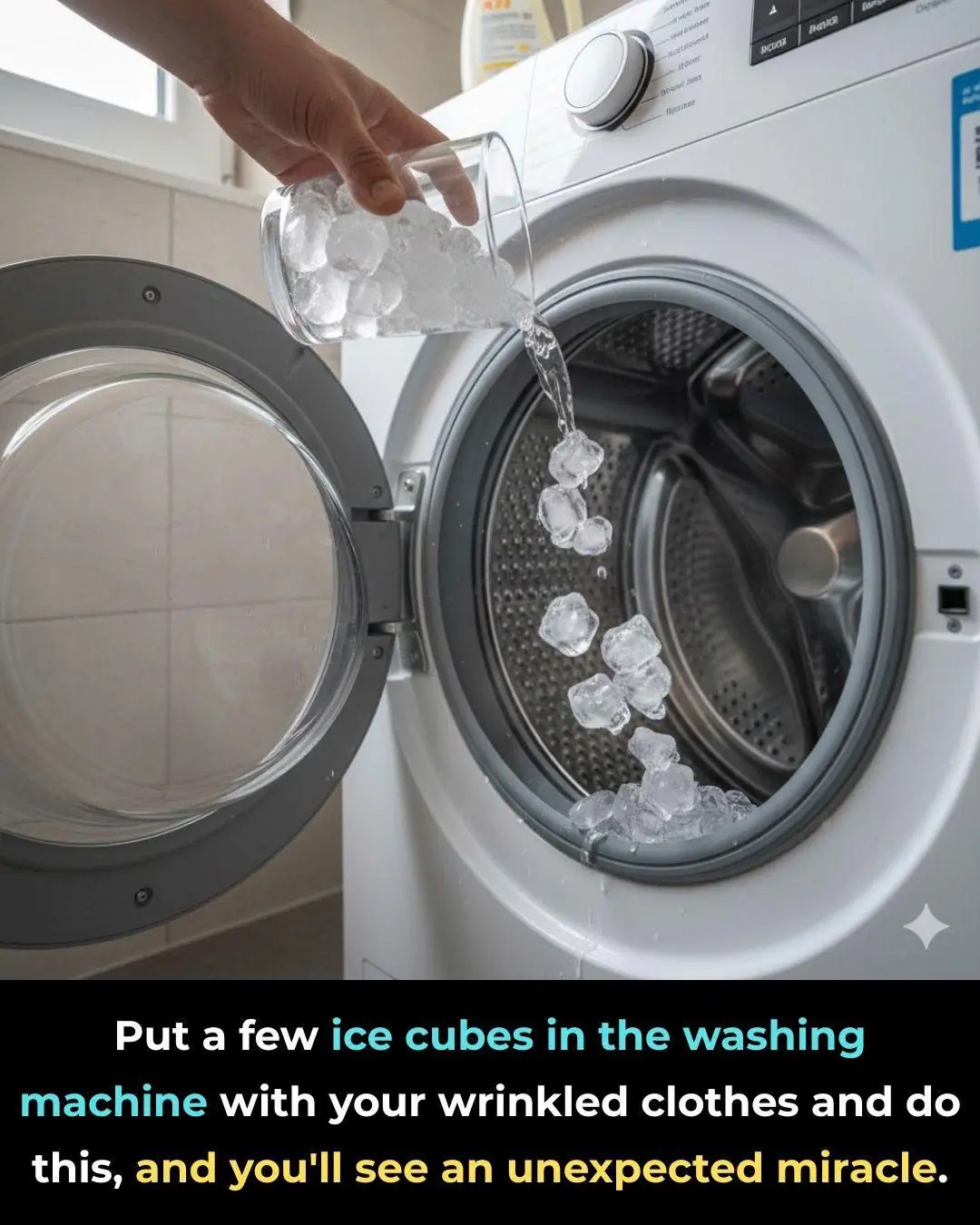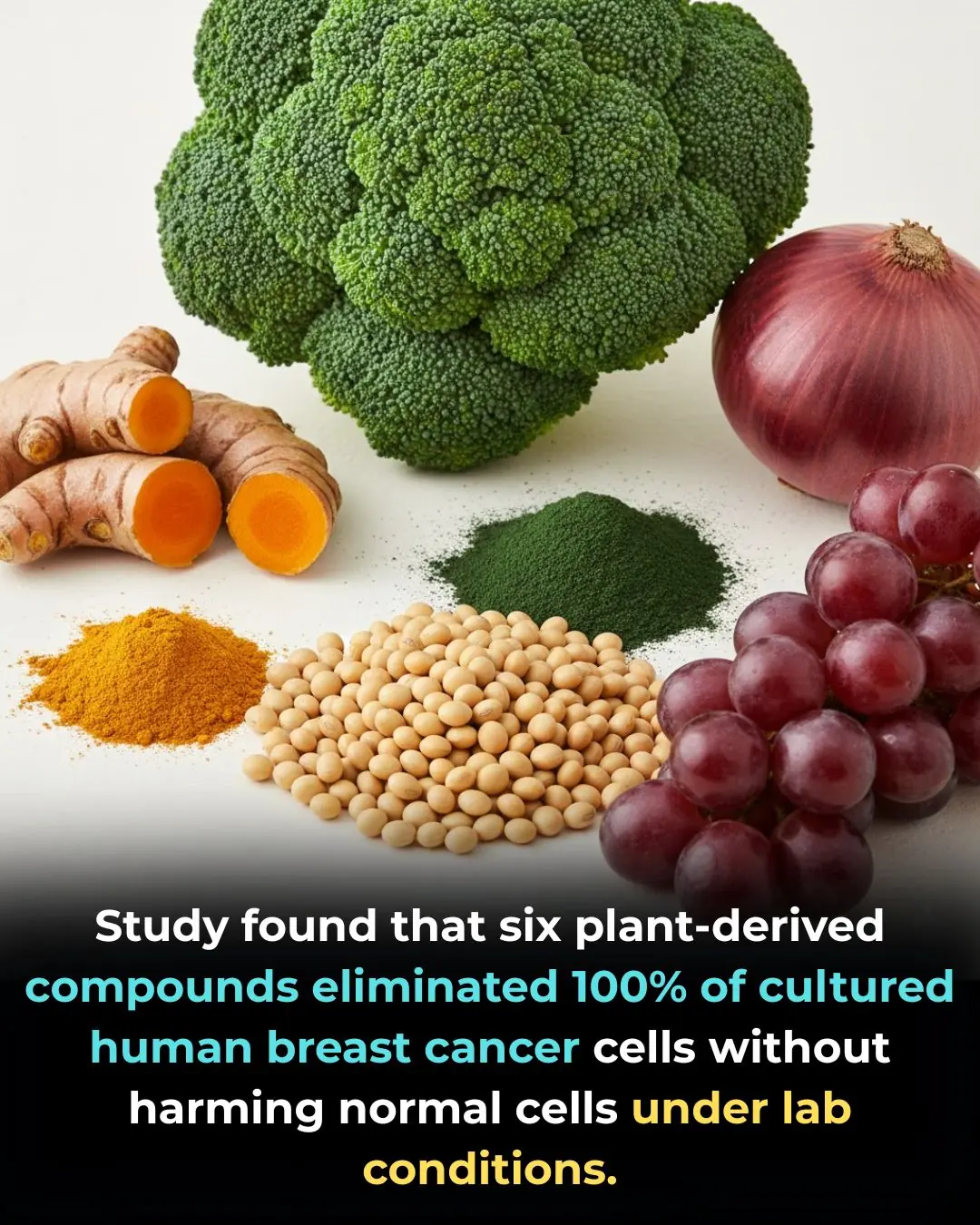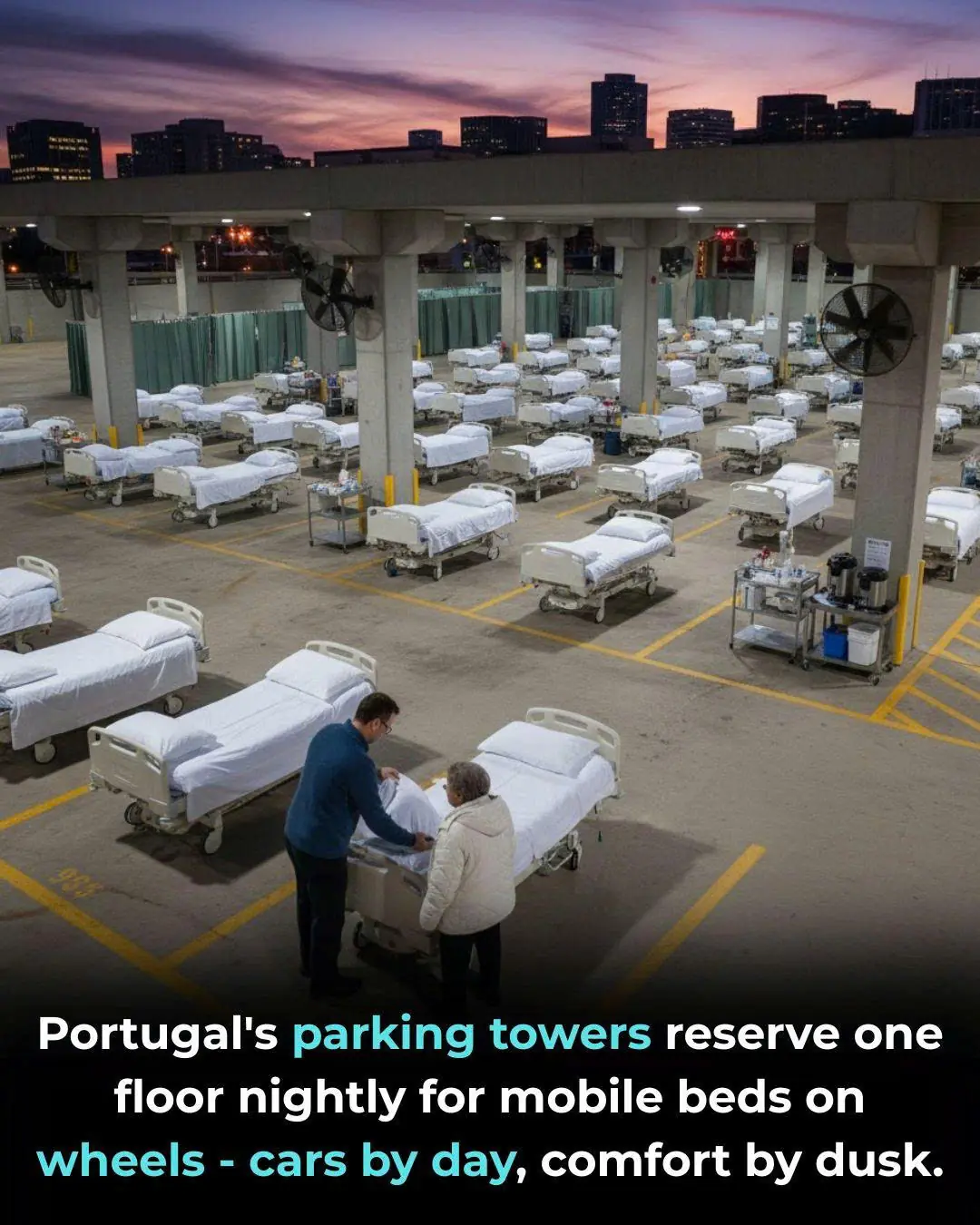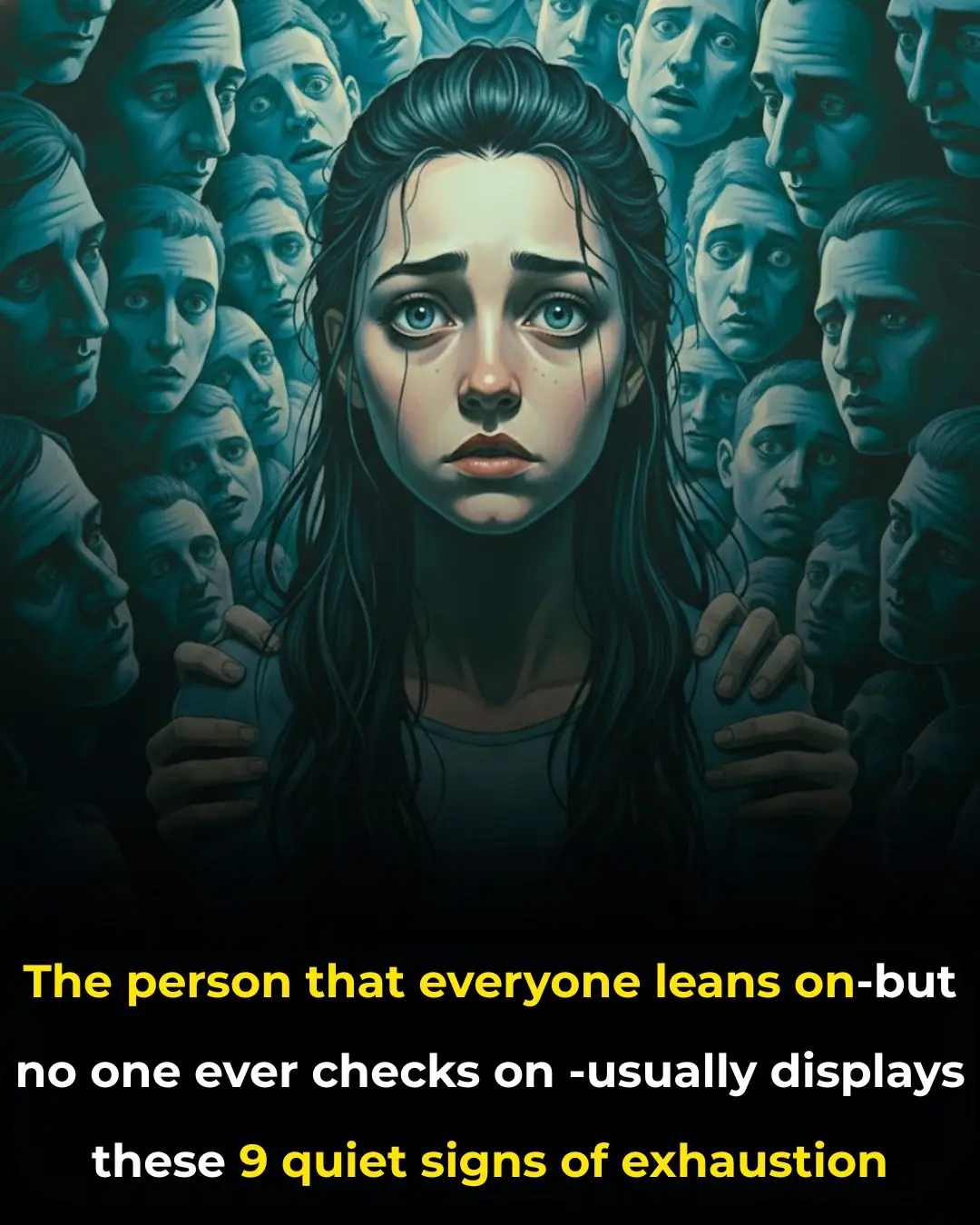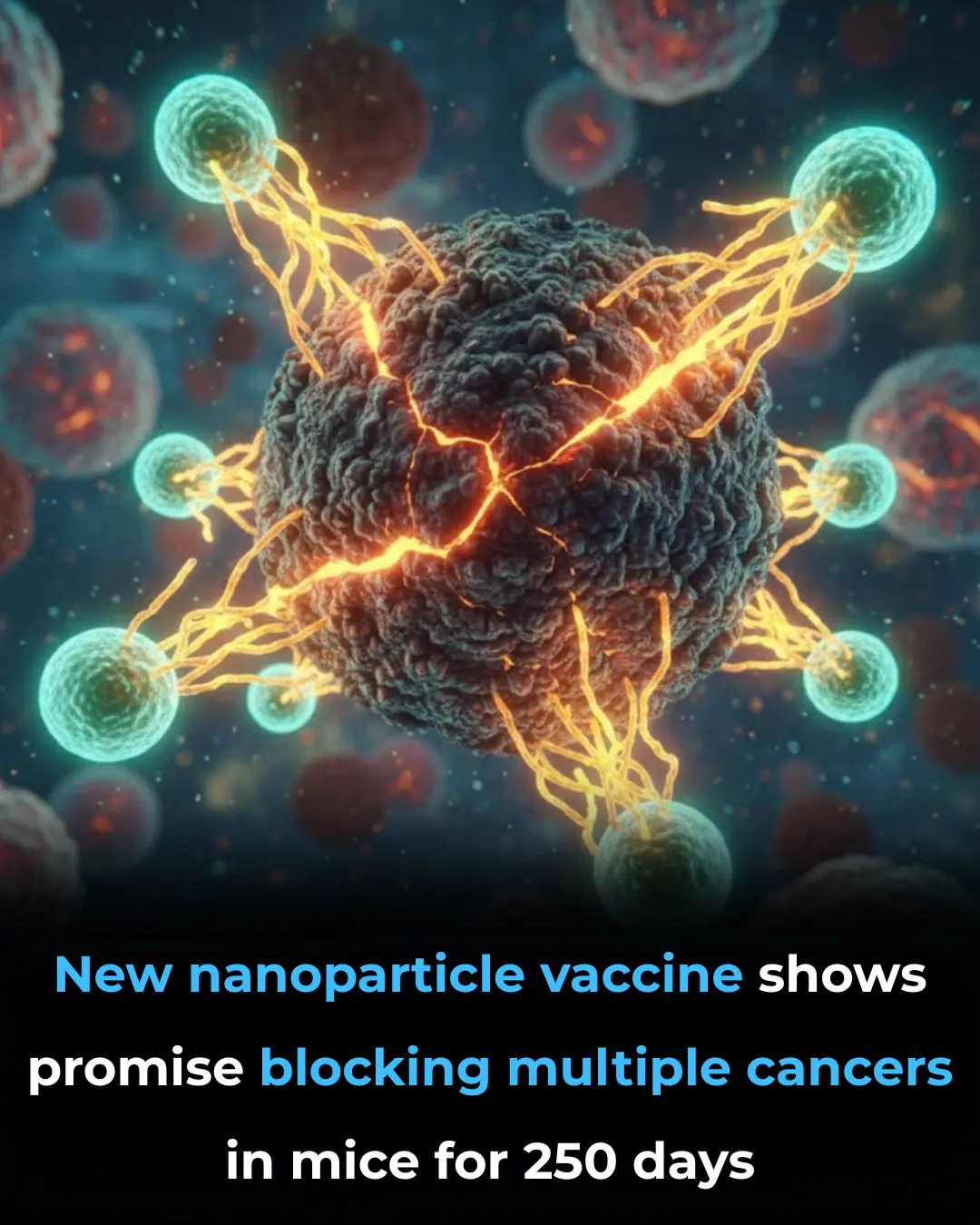In a phase 1 clinical trial open to accrual from 2004 to 2009, we treated
children with neuroblastoma with Epstein–Barr virus (EBV)-specific
T lymphocytes and CD3-activated T cells—each expressing chimeric antigen
receptors (CARs) targeting GD2 but without an embedded co-stimulatory
sequence (first-generation CARs). These CARs incorporated barcoded
sequences to track each infused population. We previously reported
outcomes up to 5 years and now report long-term outcomes up to 18 years.
Of 11 patients with active disease at infusion, three achieved a complete
response that was sustained in two patients, one for 8 years until lost to
follow-up and one for more than 18 years. Of eight patients with no evidence
of disease at the time of CAR-T administration, five are disease free at their
last follow-up between 10 years and 15 years after infusion. Intermittent
low levels of transgene were detected during the follow-up period with
significantly greater persistence in those who were long-term survivors.
Despite using first-generation vectors that are no longer employed because
of the lack of co-stimulatory domains, patients with relapsed/refractory
neuroblastoma achieved long-term disease control after receiving GD2
CAR-T cell therapy, including one patient now in remission of relapsed
disease for more than 18 years.
ClinicalTrials.gov identifier: NCT00085930.
Genetic modification of immune effector cells with chimeric antigen
receptors (CARs) to treat CD19
+
and BCMA
+
malignancies represents a
genuine advance in therapy, with seven products now approved by the
US Food & Drug Administration (FDA) since 2017 (refs. 1,2). However,
follow-up is relatively short with commercial products, and recent
reports of secondary T cell malignancies from the FDA
3
suggest that
longer-term safety concerns remain
4
. Some investigational trials using
CAR-T cell therapy to treat B cell malignancy have reported up to a
decade of disease remission
5,6
, but there are no published longer-term
outcome reports of CAR-T cell therapy in solid tumors.
From 2004 to 2009, we conducted a phase 1 trial in children with
neuroblastoma in which we infused two immune effector cell products:
activated T cells expanded with OKT3 antibody (ATCs) and Epstein–
Barr virus (EBV)-specific T cells (VSTs) generated by stimulation
with autologous EBV-transformed lymphoblastoid cell lines (LCLs).
These were each transduced with first-generation CARs recognizing
